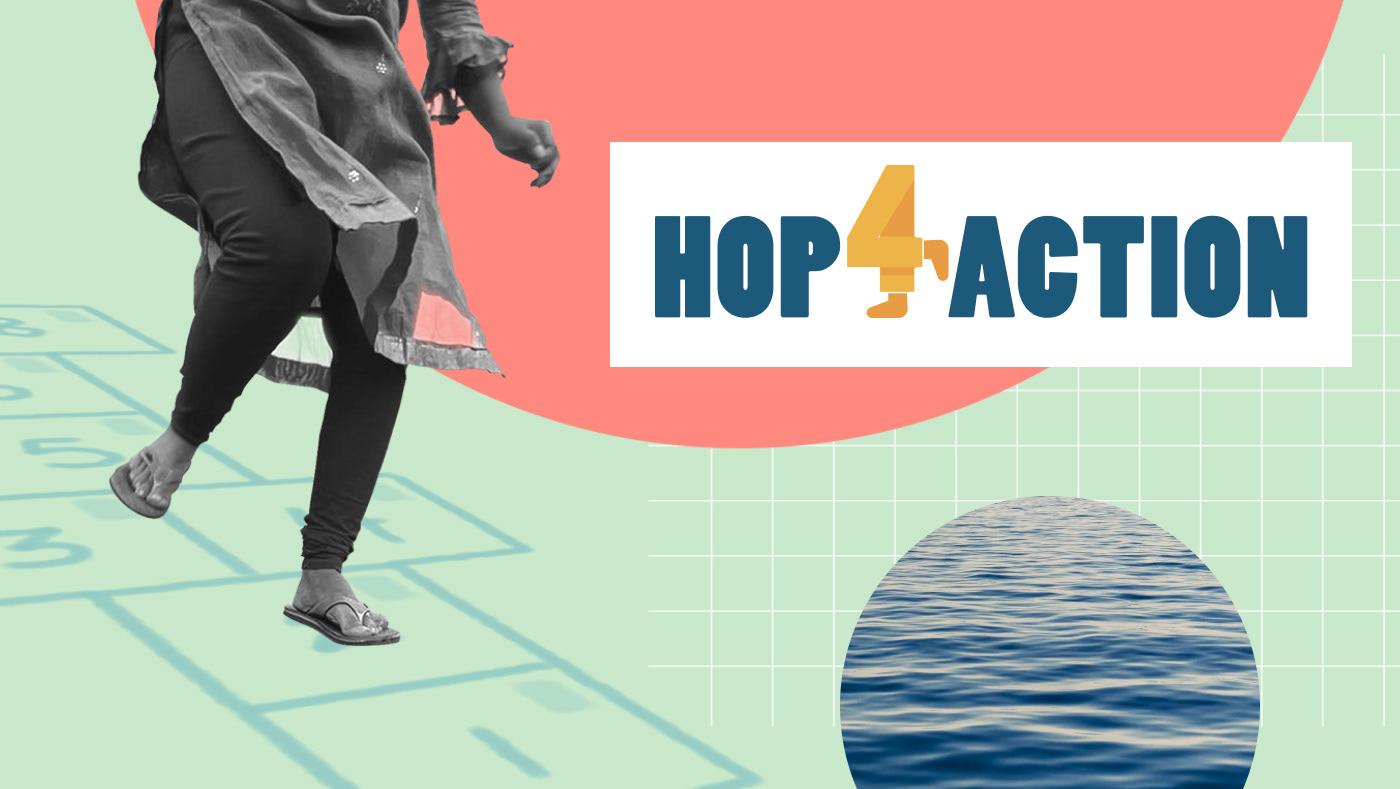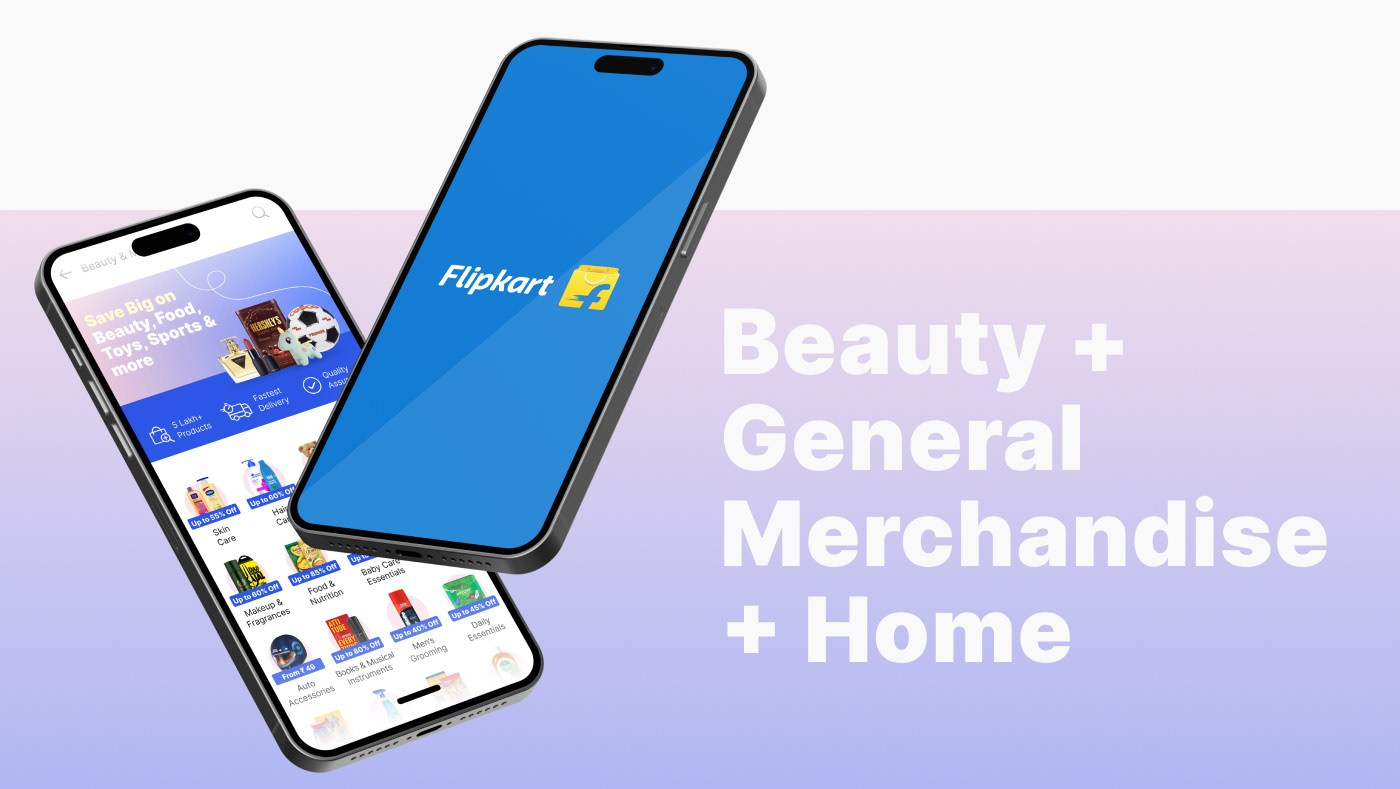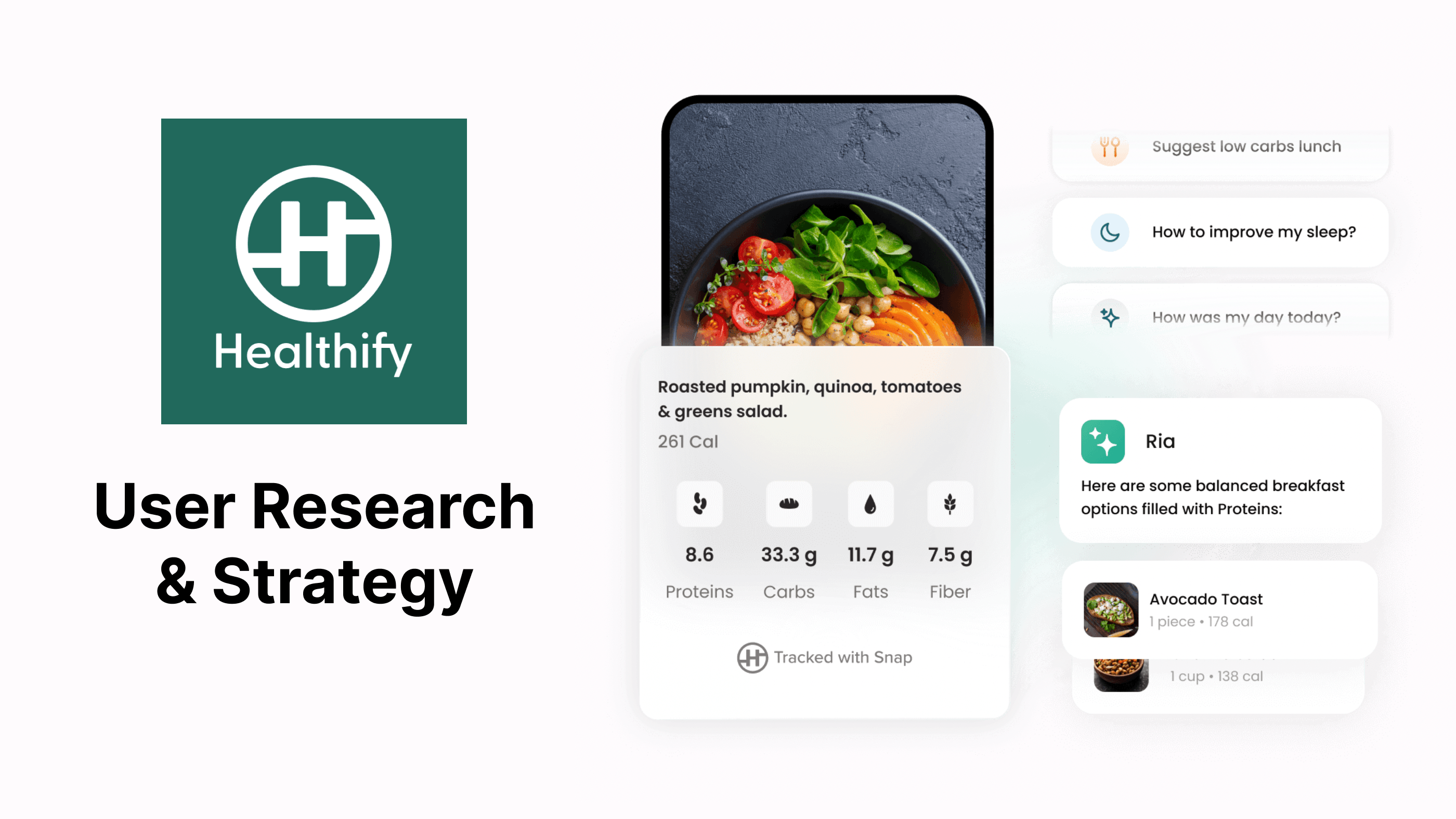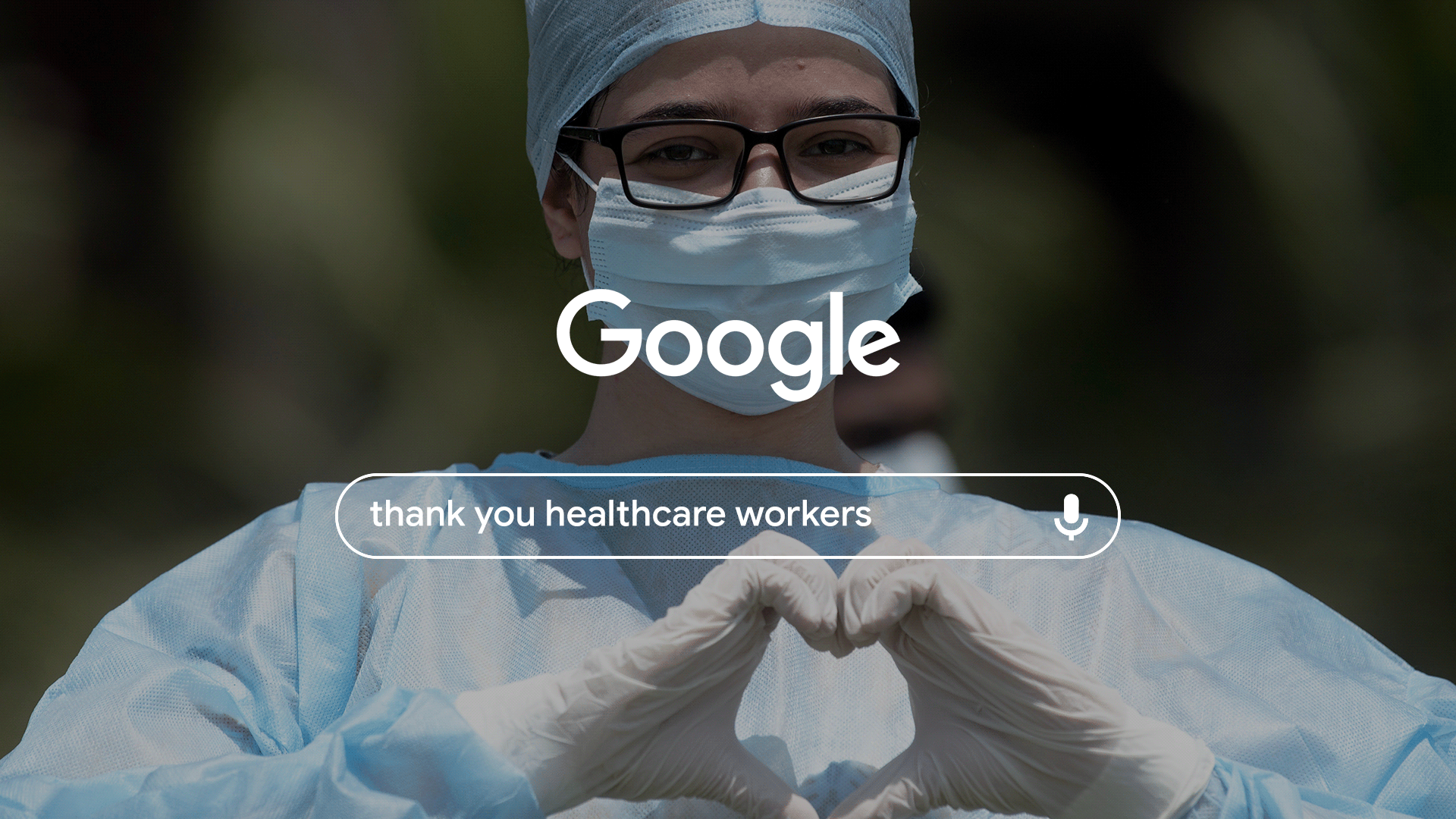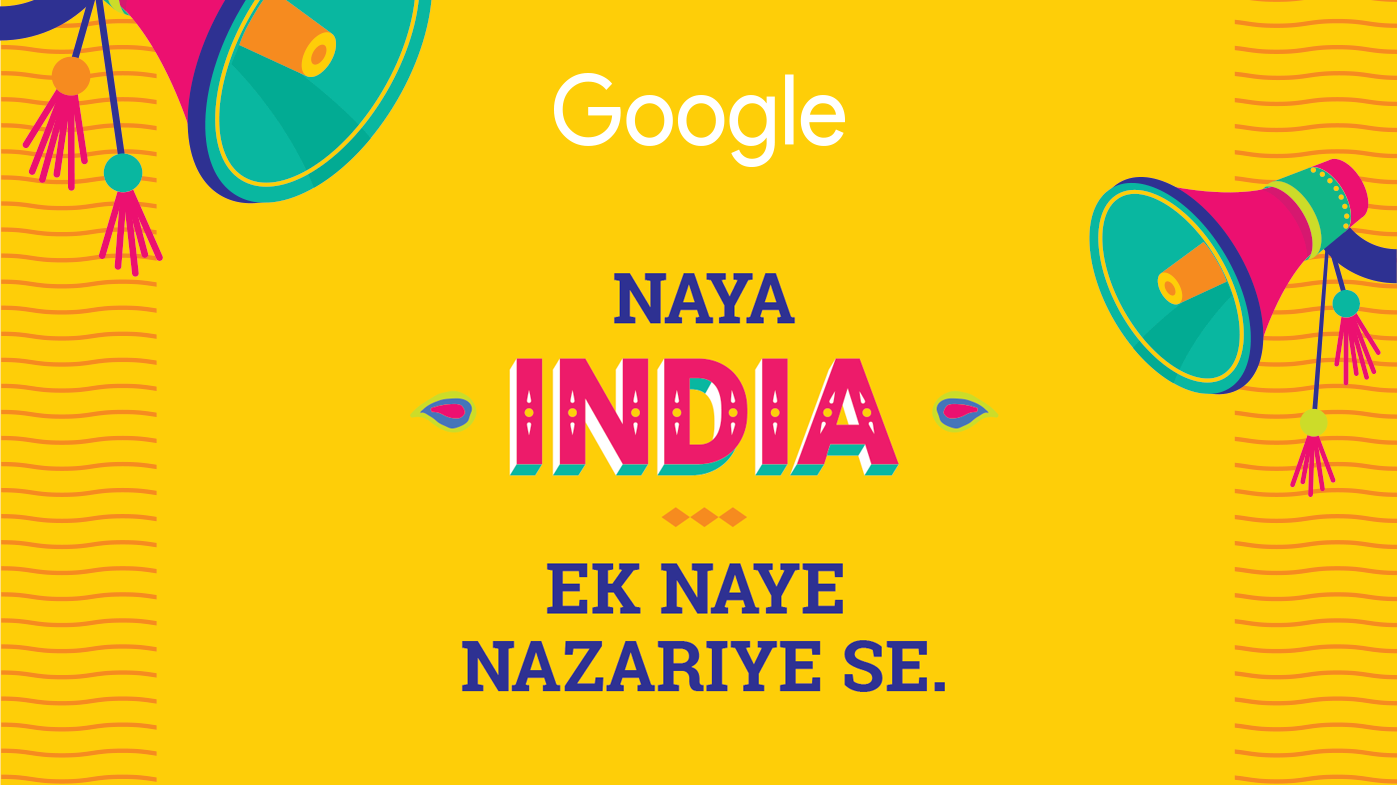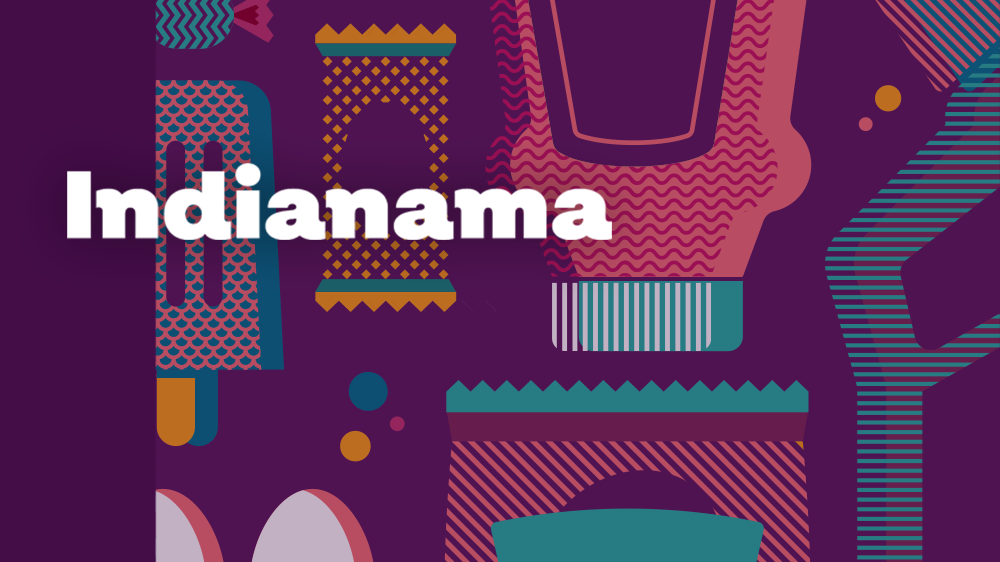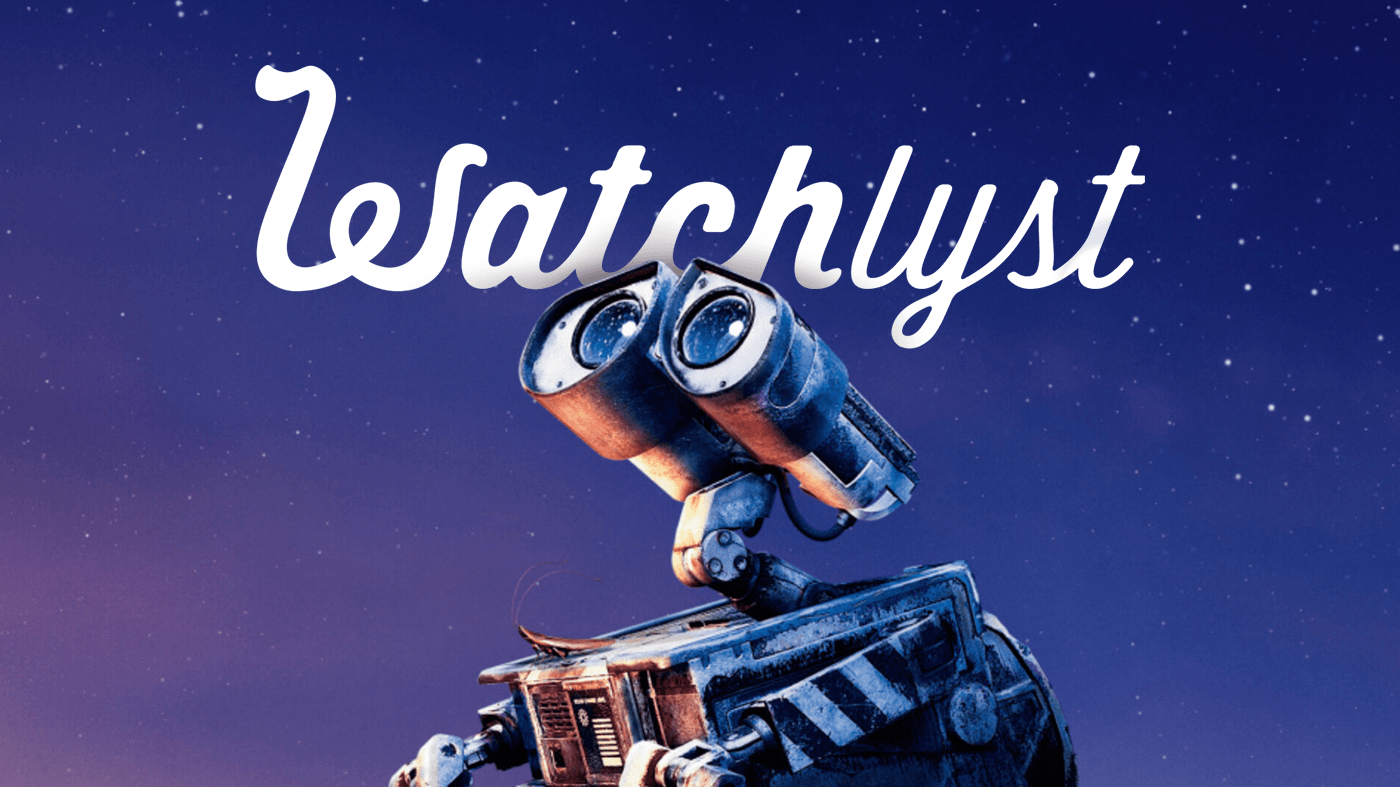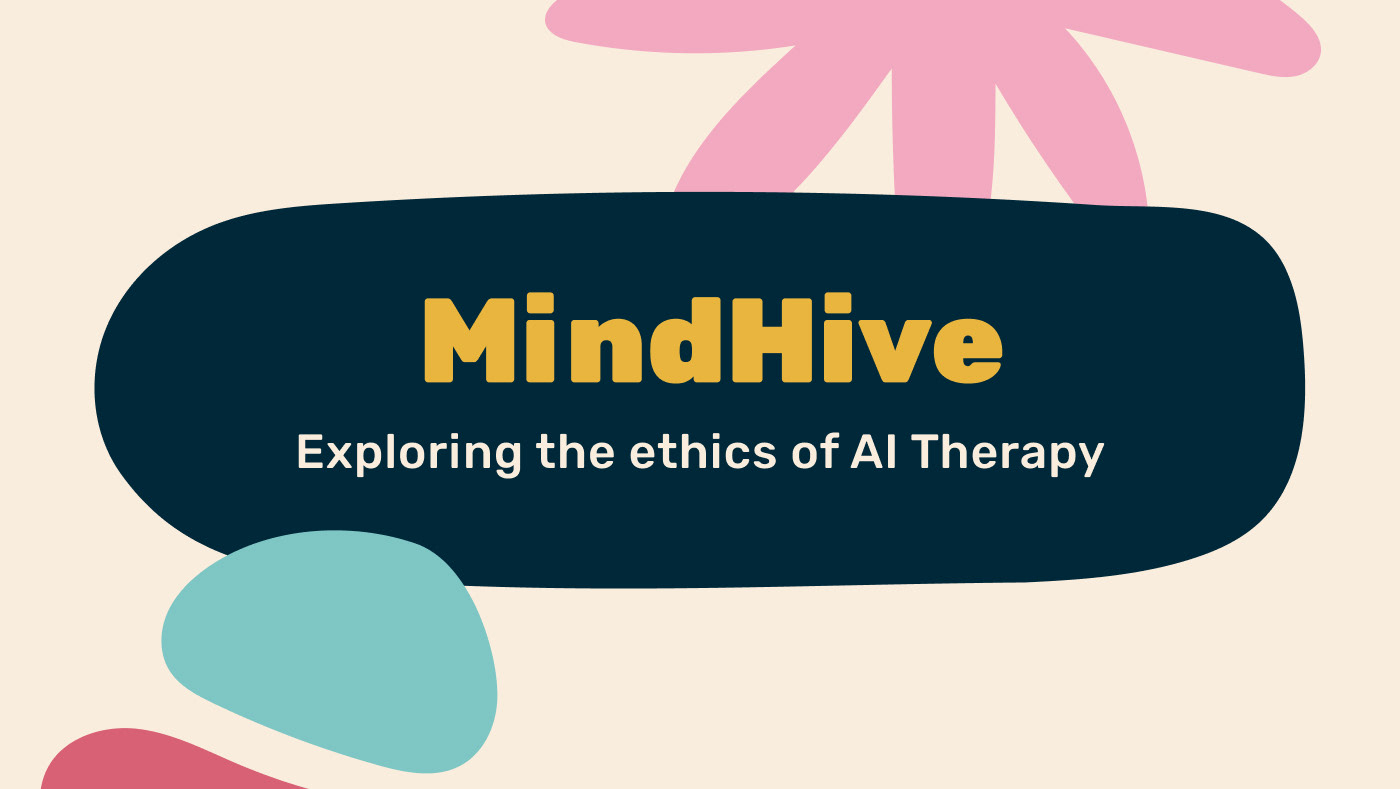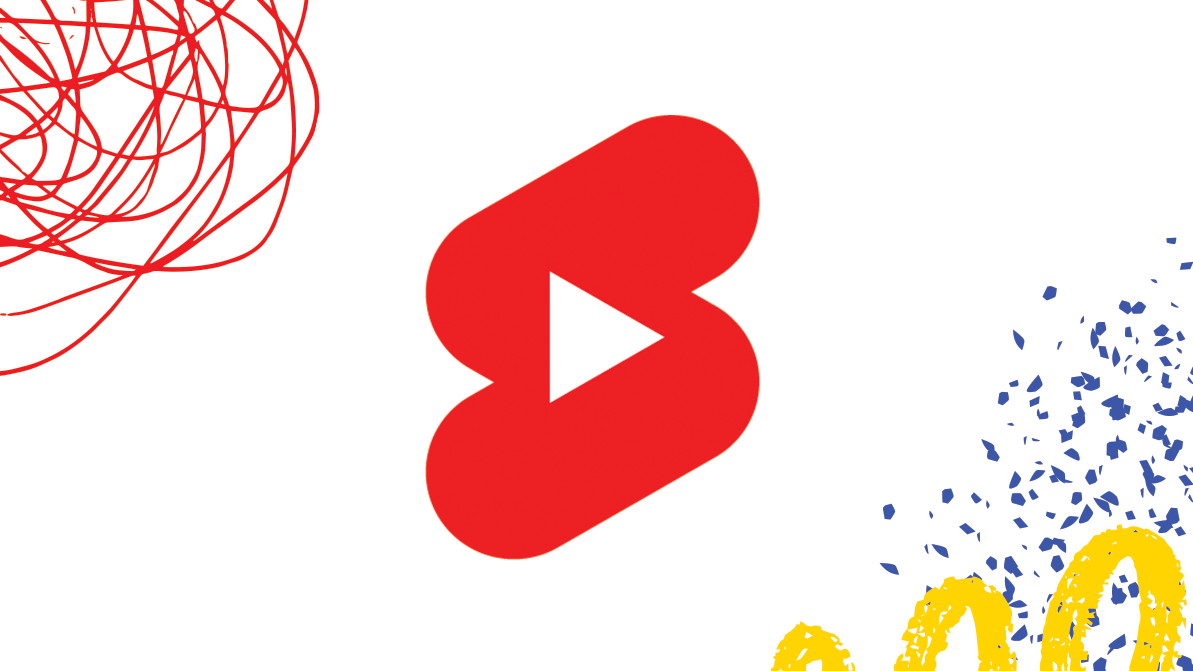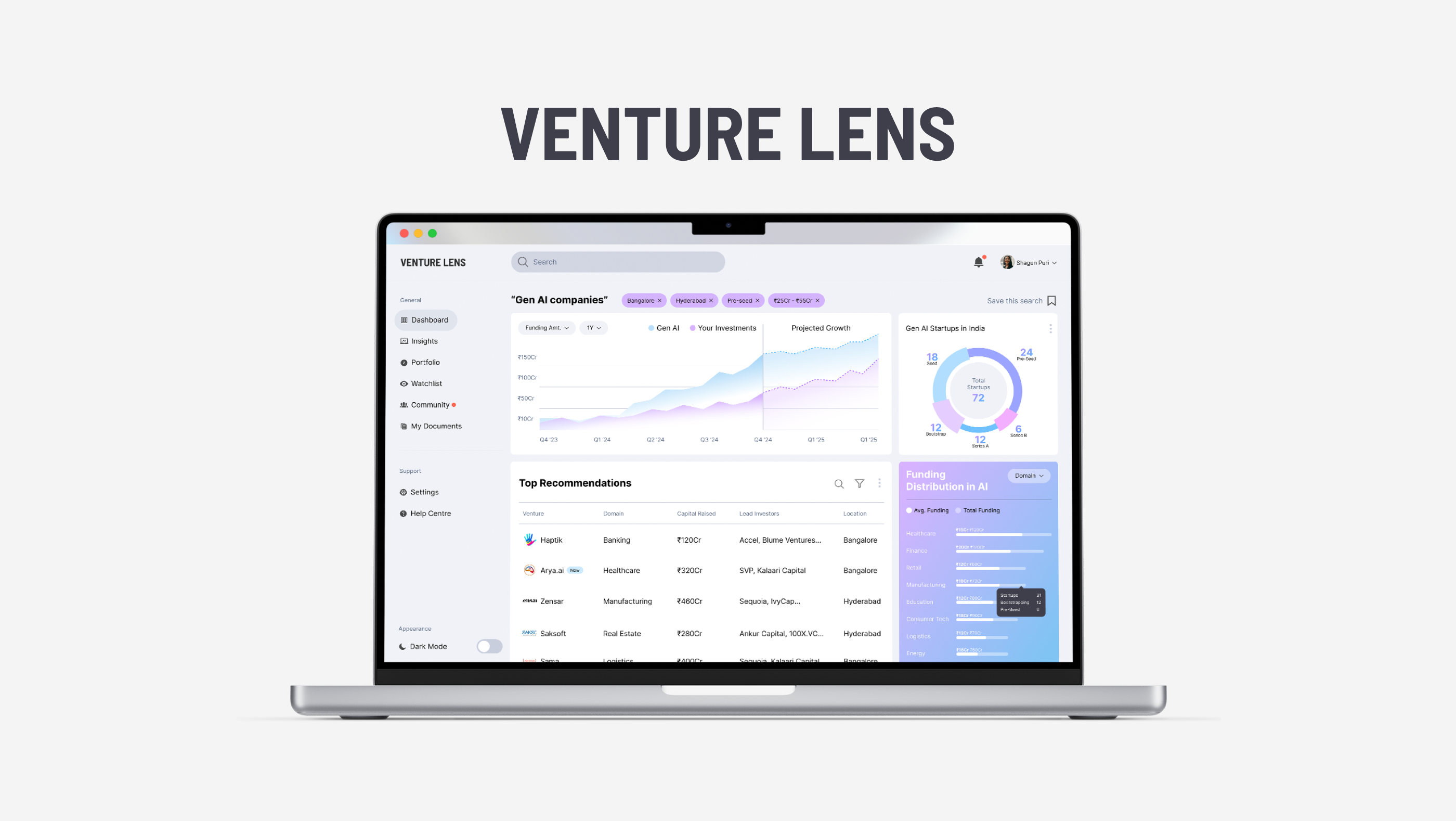Service Design | Toolkit Design | Report Writing | Workshop Design | Social Action
A toolkit to enable social actors with skill reflection acquired through volunteering at the Fitzrovia Youth in Action, a not for profit charity in Camden, London.
Personas
To imagine how might a strengthened action learning cycle help an actor, we created four volunteer personas by carefully observing the various individuals contributing to the FYA.
To imagine how might a strengthened action learning cycle help an actor, we created four volunteer personas by carefully observing the various individuals contributing to the FYA.
Journey & Empathy Mapping
To understand the young volunteers' (actors) thoughts, feelings and actions during a project as well as what goes on in the various stages of each project (action), we designed a co-discovery workshop to enable participants express themselves.
To understand the young volunteers' (actors) thoughts, feelings and actions during a project as well as what goes on in the various stages of each project (action), we designed a co-discovery workshop to enable participants express themselves.
To imagine how action is improved, we then visualised volunteer experience through a specific project described in the stages of problem identification, ideation, prototyping and execution. This helped us map each persona’s needs, challenges and thoughts in stages highlighting opportunity areas for a service.
Insights informed by Research
Over November & December 2022, our team spent time at Somers Town and with FYA volunteers to understand their ways of working and processes through field study, volunteering exercises, interviews and desktop research and co-discovery workshops. As we collaborated and brought back information and exchanged our learnings, we made the following observations on how young volunteers at the FYA function:
Over November & December 2022, our team spent time at Somers Town and with FYA volunteers to understand their ways of working and processes through field study, volunteering exercises, interviews and desktop research and co-discovery workshops. As we collaborated and brought back information and exchanged our learnings, we made the following observations on how young volunteers at the FYA function:
Opportunity Statements
How might we help social actors at the FYA reflect on the skills and competencies they have developed through projects they have been involved in?
How might we help the FYA to better document the impact of the projects they have supported, and reflect upon the organisational and community learning that has resulted?
How might we help social actors at the FYA reflect on the skills and competencies they have developed through projects they have been involved in?
How might we help the FYA to better document the impact of the projects they have supported, and reflect upon the organisational and community learning that has resulted?
Value Proposition
Rather than looking at learning recognition as a means to reward social action volunteers, there is an opportunity to instead view it as a means for strengthening an action learning cycle within FYA to improve their social action projects. When viewed this way, a qualification certificate takes less of a focus compared to the specific methods, tools and processes that could bring reflection and learning competencies into FYA.
A strengthened action learning cycle can improve both the action and the actor, empowering FYA to make greater impact in their social action projects. This echoes the view of organisational theorist, Dick Beckhard, who argues, “the effectiveness of any group in any setting is related both to its capabilities to do the work and its ability to manage itself as an interdependent group of people”. When volunteer teams are able to reflect-in-action, they learn how to manage both their tasks and themselves better.
Rather than looking at learning recognition as a means to reward social action volunteers, there is an opportunity to instead view it as a means for strengthening an action learning cycle within FYA to improve their social action projects. When viewed this way, a qualification certificate takes less of a focus compared to the specific methods, tools and processes that could bring reflection and learning competencies into FYA.
A strengthened action learning cycle can improve both the action and the actor, empowering FYA to make greater impact in their social action projects. This echoes the view of organisational theorist, Dick Beckhard, who argues, “the effectiveness of any group in any setting is related both to its capabilities to do the work and its ability to manage itself as an interdependent group of people”. When volunteer teams are able to reflect-in-action, they learn how to manage both their tasks and themselves better.
Guided by Kolb’s Experiential Learning Cycle, we designed three learning recognition tools aimed at WHAT, SO WHAT and NOW WHAT. The toolkit is suitable for all volunteers and each activity can be applied on any event, program or experience a volunteer may have had at the FYA.
Moment Recording is about What. It focuses on the publishing and processing stages.
Learning Circle is about So What. It focuses on processing and generalising.
Fantastic Creatures is about Now What, it focuses on generalising and applying.
Moment Recording is about What. It focuses on the publishing and processing stages.
Learning Circle is about So What. It focuses on processing and generalising.
Fantastic Creatures is about Now What, it focuses on generalising and applying.
Testing and Findings
While this tool was not tested with FYA specifically, we learnt that there already exists within the organisation a practice of capturing photos about a project and sharing it with each other in a WhatsApp group chat. We see opportunity for this informal practice to be adapted for learning reflection.
Limitation
Paying attention to learning moments during a volunteering experience can feel awkward and out of place. Typically, participants might be occupied with their immediate actions and not think about learning.
While this tool was not tested with FYA specifically, we learnt that there already exists within the organisation a practice of capturing photos about a project and sharing it with each other in a WhatsApp group chat. We see opportunity for this informal practice to be adapted for learning reflection.
Limitation
Paying attention to learning moments during a volunteering experience can feel awkward and out of place. Typically, participants might be occupied with their immediate actions and not think about learning.
Testing & Findings
“Getting me to talk about what I learnt got me to make sense of everything floating in my head. It helped me find clarity about what I was actually learning.”
“It was difficult to be an active listener because I was constantly worried about what question should I ask next. I worried about asking the wrong type of questions”
Limitation
While the worksheet is meant to help conversations, it could also potentially distract listeners.
The depth of this activity depends heavily on psychological safety in the room, which can be affected by multiple factors and on participants’ skill in listening and asking questions.
“It was difficult to be an active listener because I was constantly worried about what question should I ask next. I worried about asking the wrong type of questions”
Limitation
While the worksheet is meant to help conversations, it could also potentially distract listeners.
The depth of this activity depends heavily on psychological safety in the room, which can be affected by multiple factors and on participants’ skill in listening and asking questions.
Testing & Findings
“Engaging and fun way to reflect”
The simple and participatory nature of this activity was received well by FYA’s young volunteers. By building their fantastic creature, they visualised their personal skills and were enabled them to discuss them with others.
“This workshop is amazing! I'd love to do the same thing in other activities.” - Ellie, Manager in FYA
“This is a fun way to reflect on previous journey. I learned more than I realise.” - Participant
Limitation
Skill Definitions: The definitions of skills in English makes it difficult to access for younger volunteers and those whose first language is not English.
Deepening Self Awareness: While a playful approach makes skill reflection more engaging, it might also cause participants to take the reflection lightly and not try to dig deeper into their self-awareness.
The simple and participatory nature of this activity was received well by FYA’s young volunteers. By building their fantastic creature, they visualised their personal skills and were enabled them to discuss them with others.
“This workshop is amazing! I'd love to do the same thing in other activities.” - Ellie, Manager in FYA
“This is a fun way to reflect on previous journey. I learned more than I realise.” - Participant
Limitation
Skill Definitions: The definitions of skills in English makes it difficult to access for younger volunteers and those whose first language is not English.
Deepening Self Awareness: While a playful approach makes skill reflection more engaging, it might also cause participants to take the reflection lightly and not try to dig deeper into their self-awareness.
Conclusion
Testing and improving tools.
While the tools in this report have undergone some testing, they still have room for improvement. We have attempted to acknowledge the limitations we can see in the tools we have designed, but expect that there are still many ways the tools can be improved for FYA when they are actually used. It is recommended that future testing involves FYA’s staff or volunteers as users of the tools, rather than a researcher.
Reducing Barriers to Formal Learning.
By providing FYA with more tools to practice learning reflection, volunteers get used to the idea of dedicating volunteering time for learning, not just action. By socialising the idea of learning recognition early, these tools help to reduce FYA’s cultural barriers toward formalised learning should an EPQ be introduced in the future.
Tool Adaptability for an EPQ Curriculum.
The tools in this report could eventually be adapted into parts of a curriculum for an EPQ programme. Since the tools are aimed at bringing reflection and learning expertise into FYA, the outputs created by such processes are suitable to be used as learning evidence by a volunteer to earn an EPQ qualification.
Testing and improving tools.
While the tools in this report have undergone some testing, they still have room for improvement. We have attempted to acknowledge the limitations we can see in the tools we have designed, but expect that there are still many ways the tools can be improved for FYA when they are actually used. It is recommended that future testing involves FYA’s staff or volunteers as users of the tools, rather than a researcher.
Reducing Barriers to Formal Learning.
By providing FYA with more tools to practice learning reflection, volunteers get used to the idea of dedicating volunteering time for learning, not just action. By socialising the idea of learning recognition early, these tools help to reduce FYA’s cultural barriers toward formalised learning should an EPQ be introduced in the future.
Tool Adaptability for an EPQ Curriculum.
The tools in this report could eventually be adapted into parts of a curriculum for an EPQ programme. Since the tools are aimed at bringing reflection and learning expertise into FYA, the outputs created by such processes are suitable to be used as learning evidence by a volunteer to earn an EPQ qualification.
THANK YOU!
